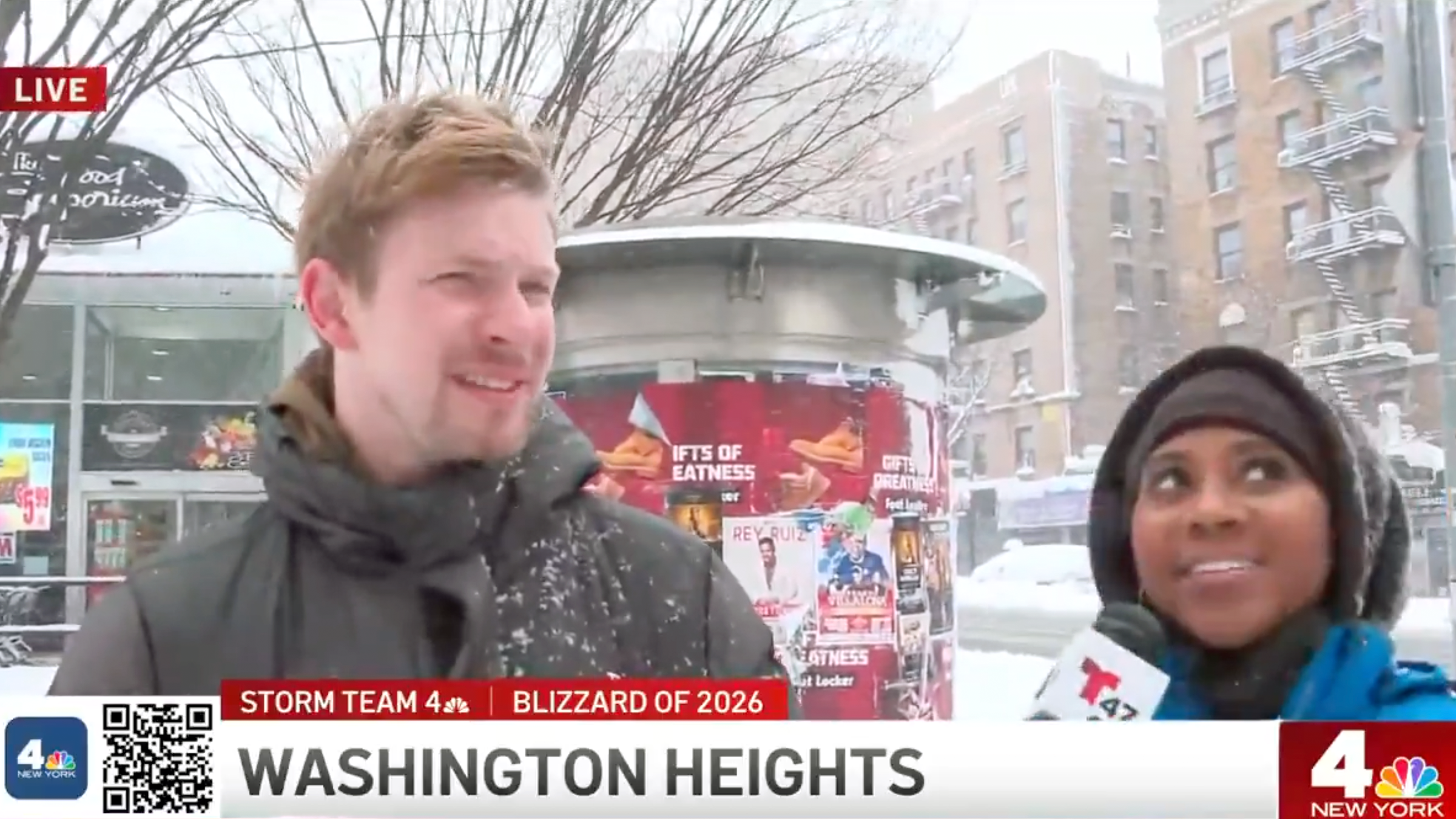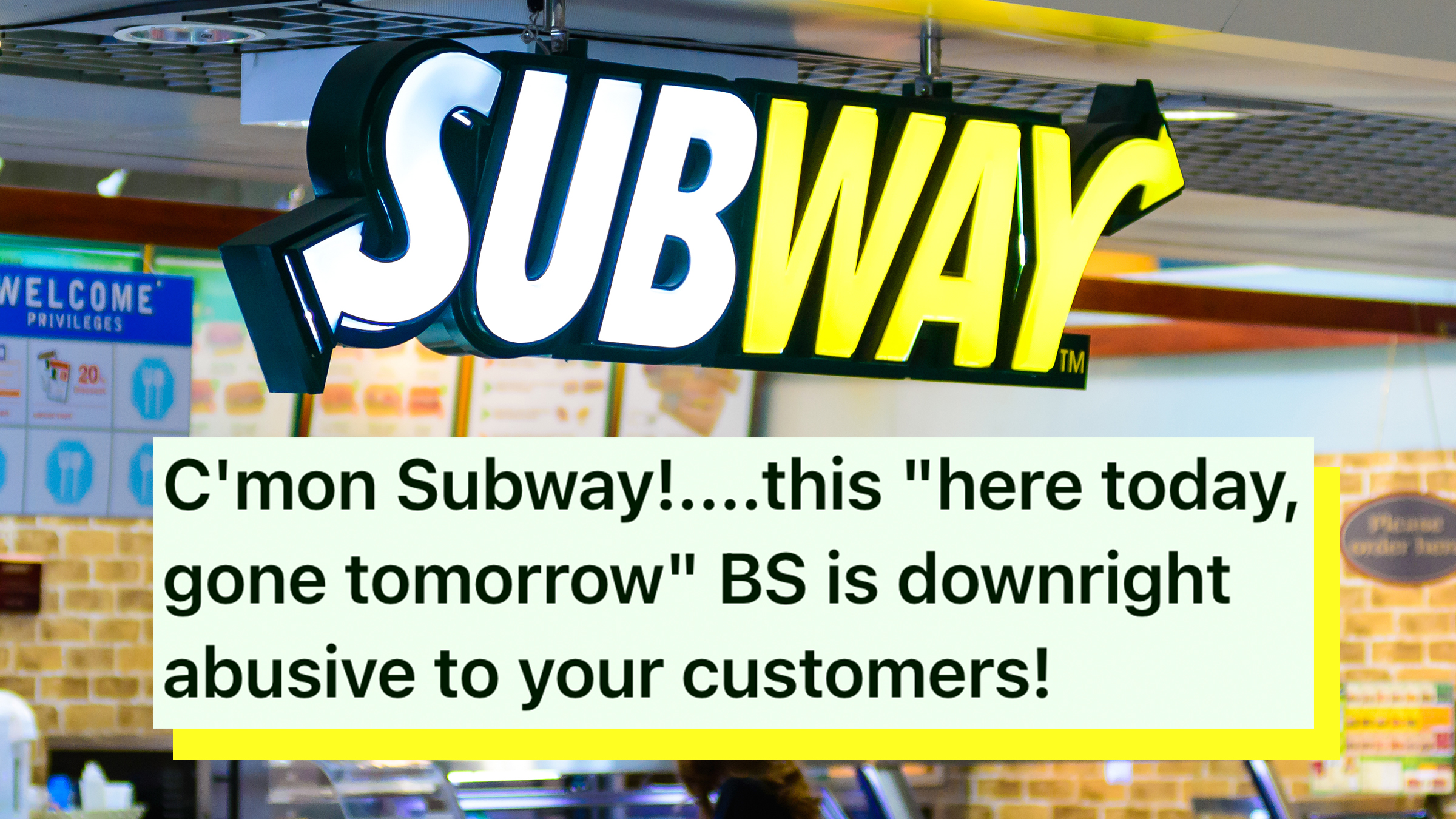Noted Silicon Valley venture capitalist Peter Thiel is not genearlly inclined to say nice things about Democrats.
The billionaire PayPal cofounder, who was the first outside investor in Facebook and served as inspiration for the late Christopher Evan Welch's character Peter Gregory in the HBO satire Silicon Valley, is one of the highest-profile libertarians on the country.
He's given generously to libertarian organizations and candidates, championing issues like creating autonomous, floating nations free from all government red tape and urging talented young people to eschew college educations in favor of starting their own businesses.
However, in an interview with the conservative news site the Daily Caller, Thiel charged that one of the biggest problem with the Republican Party is that its elected representatives, by and large, simply aren't as smart Democratic office-holders.
In response to a question about why he decided to become an early financial supporter of Ted Cruz when the Texas Republican was running for a senate seat in 2012, Thiel said:
I think he's very smart. I think one the challenges we have in the Republican Party is that too many of our representatives and senators are somewhat lower IQ than the people on the other side, so I think there's something to be said for getting some really smart people in there.
This interview isn't the first time Thiel has bemoaned a preponderance of "smart" people leaning toward liberalism. In a 2009 essay published by the Cato Institute, which primarily drew attention for asserting that giving women the right to vote was a death knell for "capitalist democracy," Thiel argued that there's a tendency among his intelligent peers—and, no matter what one's take on his small government worldview, Thiel is obviously smart dude—to doubt the workability of dogmatic, libertarian beliefs:
As a young lawyer and trader in Manhattan in the 1990s, I began to understand why so many become disillusioned after college. The world appears too big a place. Rather than fight the relentless indifference of the universe, many of my saner peers retreated to tending their small gardens. The higher one’s IQ, the more pessimistic one became about free-market politics—capitalism simply is not that popular with the crowd. Among the smartest conservatives, this pessimism often manifested in heroic drinking; the smartest libertarians, by contrast, had fewer hang-ups about positive law and escaped not only to alcohol but beyond it.
But, as Thiel argued in the essay and charged once again in his Daily Caller interview, the problem is the insertion of politics into the governance of private behavior in the first place due to what he sees as its inherent inefficiencies.
"The government always has a defense that it's very incompetent," Theil told Daily Caller Senior Editor Jamie Weinstein. "We have a government that's the opposite of technology. With technology it's all about doing more less. Our government always seem to do less and less with more and more tax dollars. It's the center of things that are not involving innovation. The health care system, the education system, all the things the government touches are very non-innovative."
Yet Thiel was pragmatic. He insisted that often the type of conservative programs many Republicans reflexively decry should be embraced in the context of a given moment's political reality. For example, he explained, he would be in favor of raising the minimum wage as way to have people avoid dropping out of the workforce altogether, which would cost the government even more money in the long run, calling it, "the lesser of various evils."
H/T Daily Caller | Photo by Martin Fuchs/pixabay






